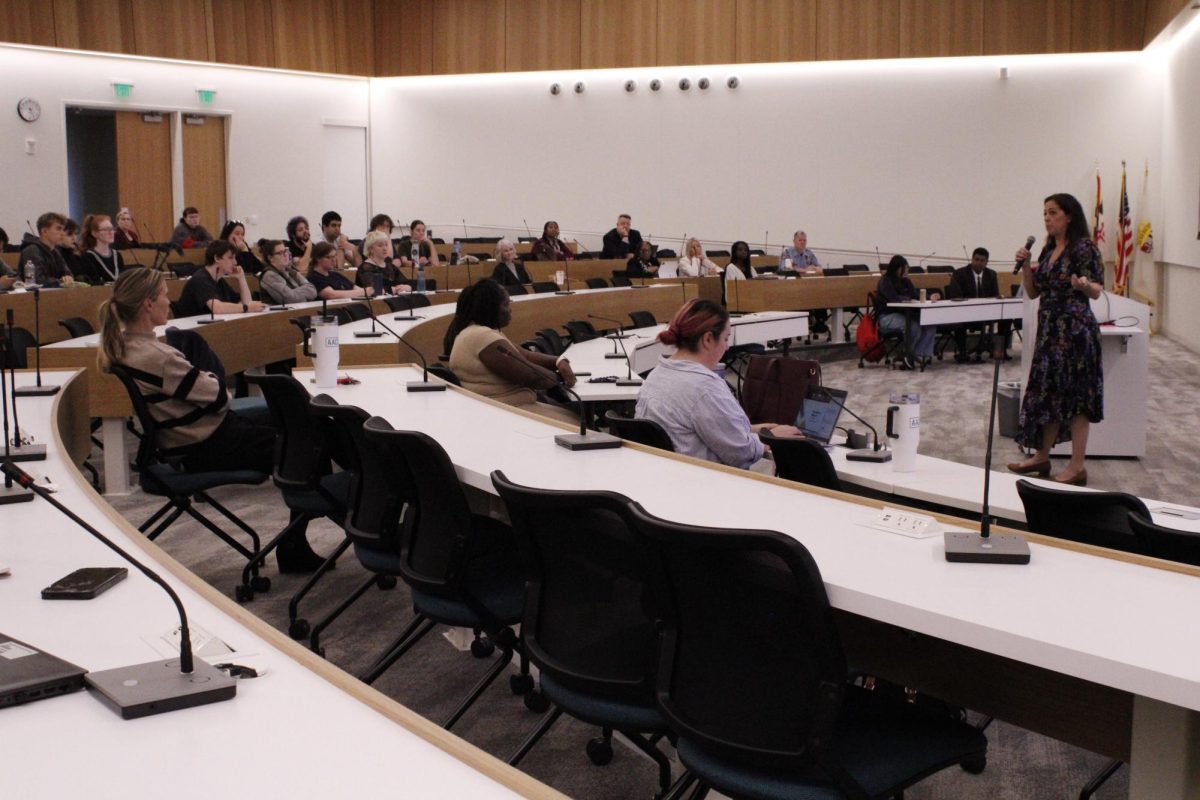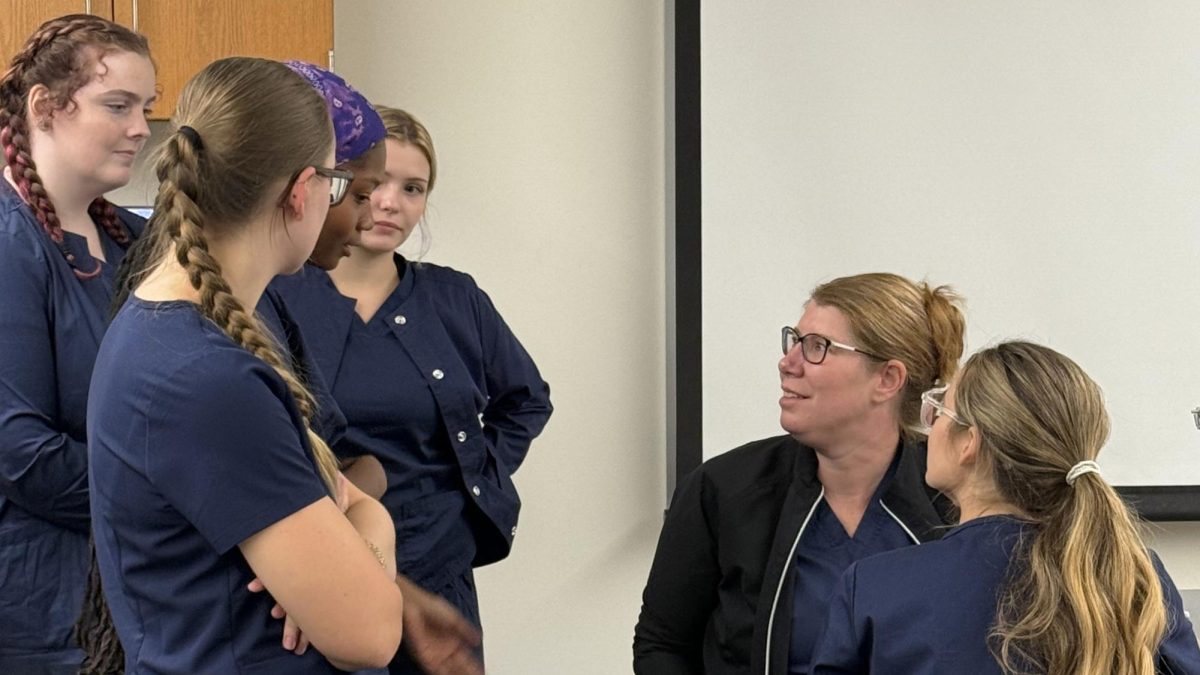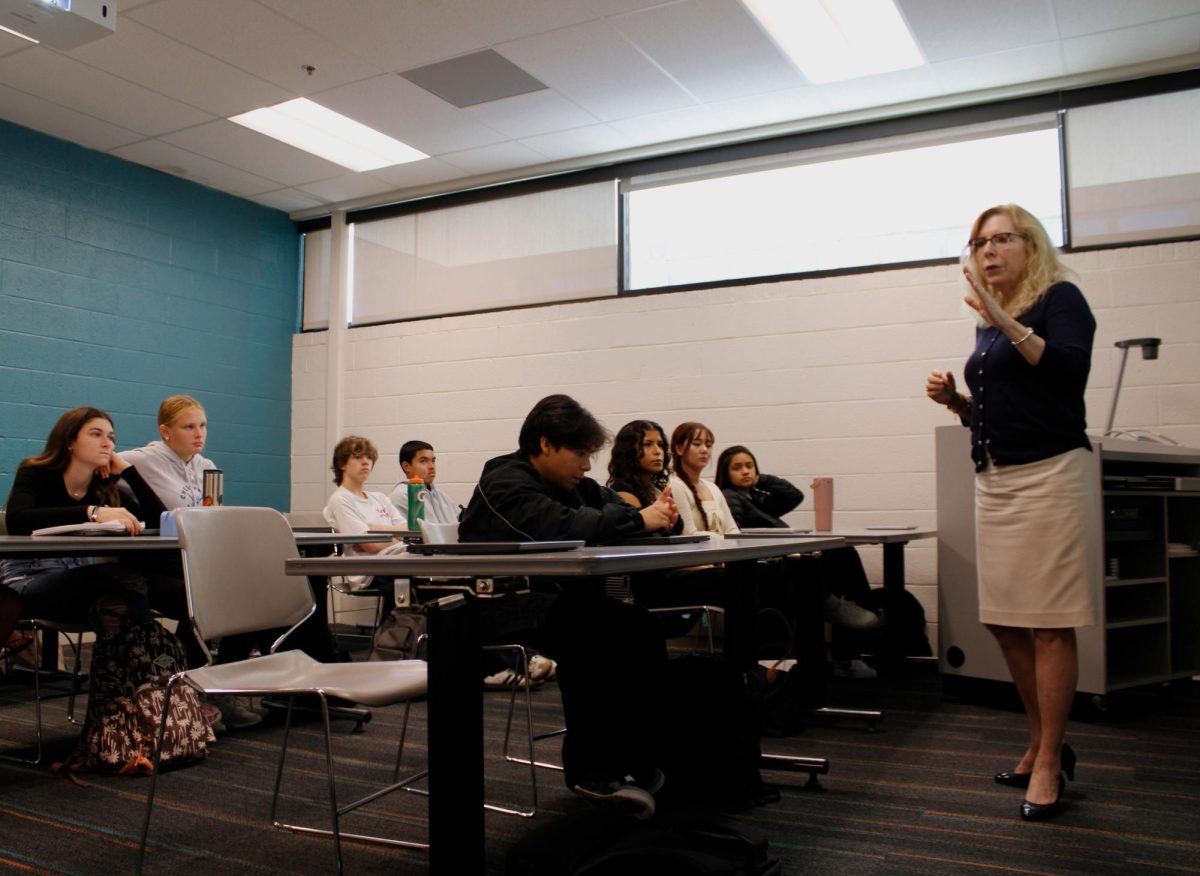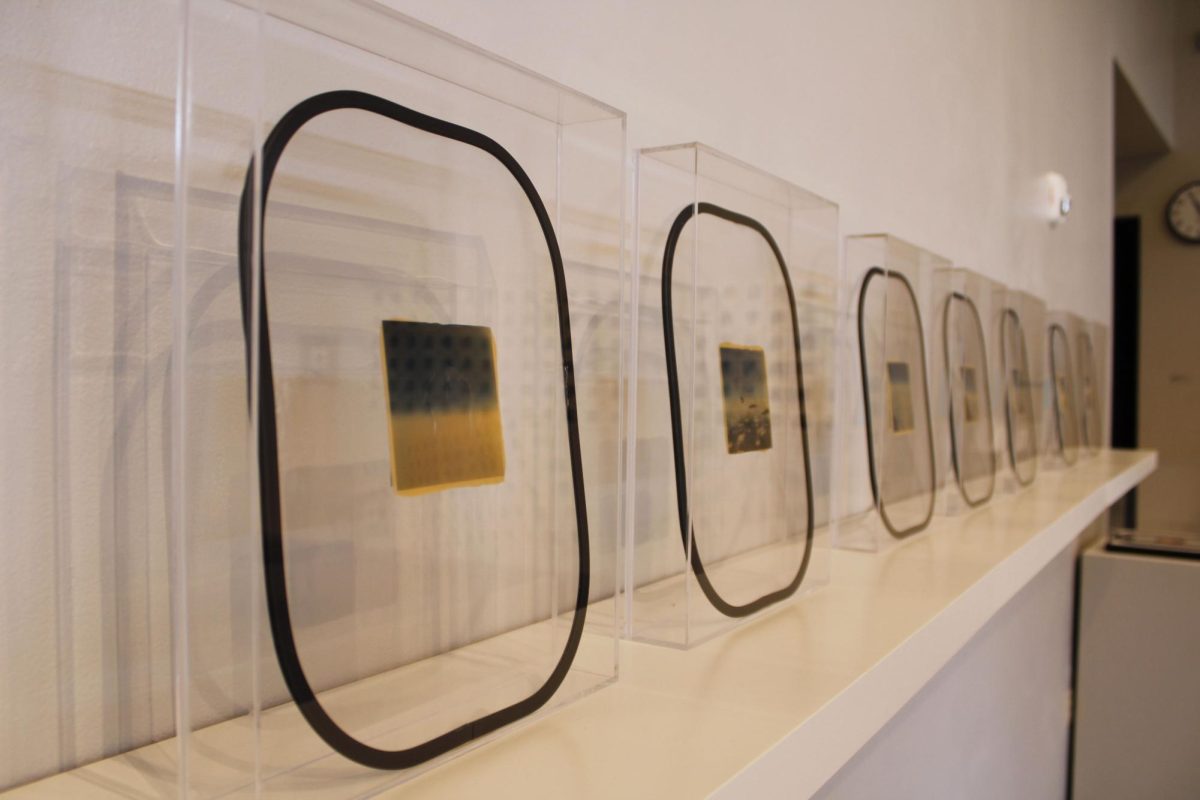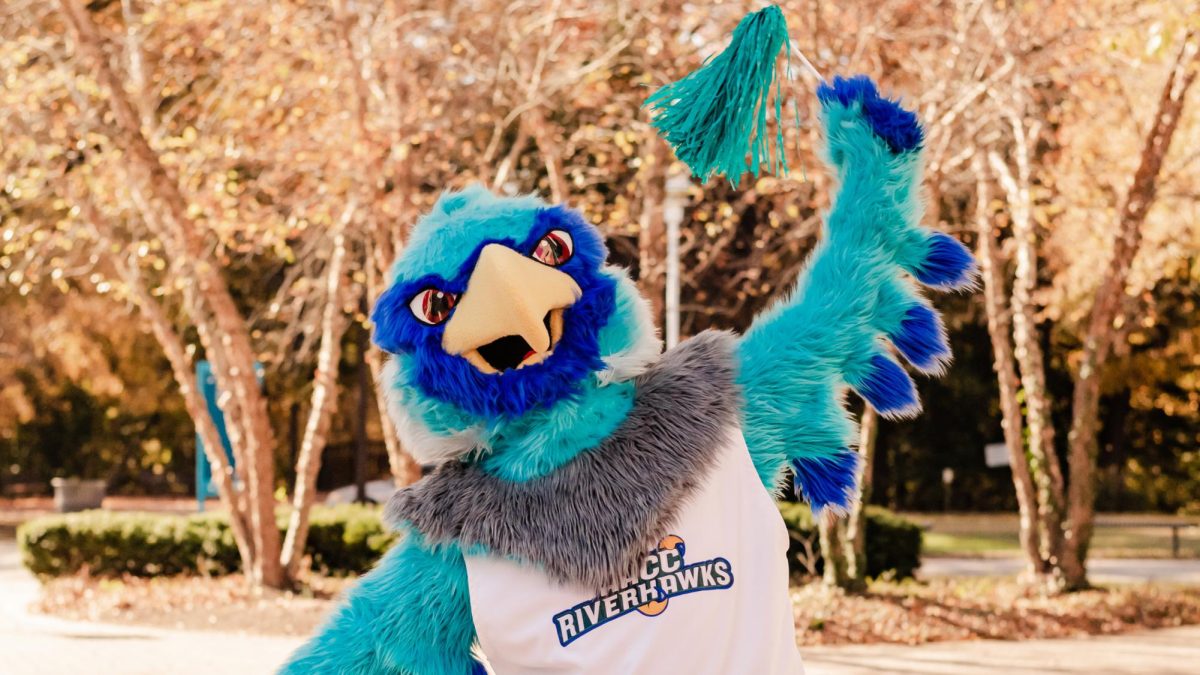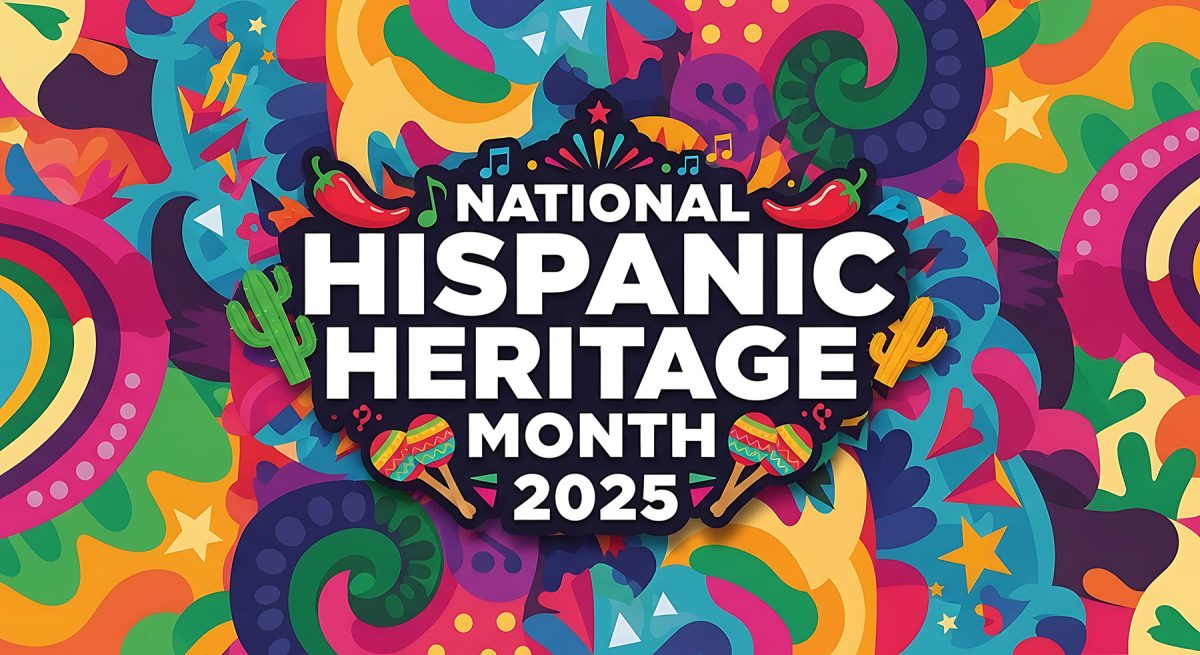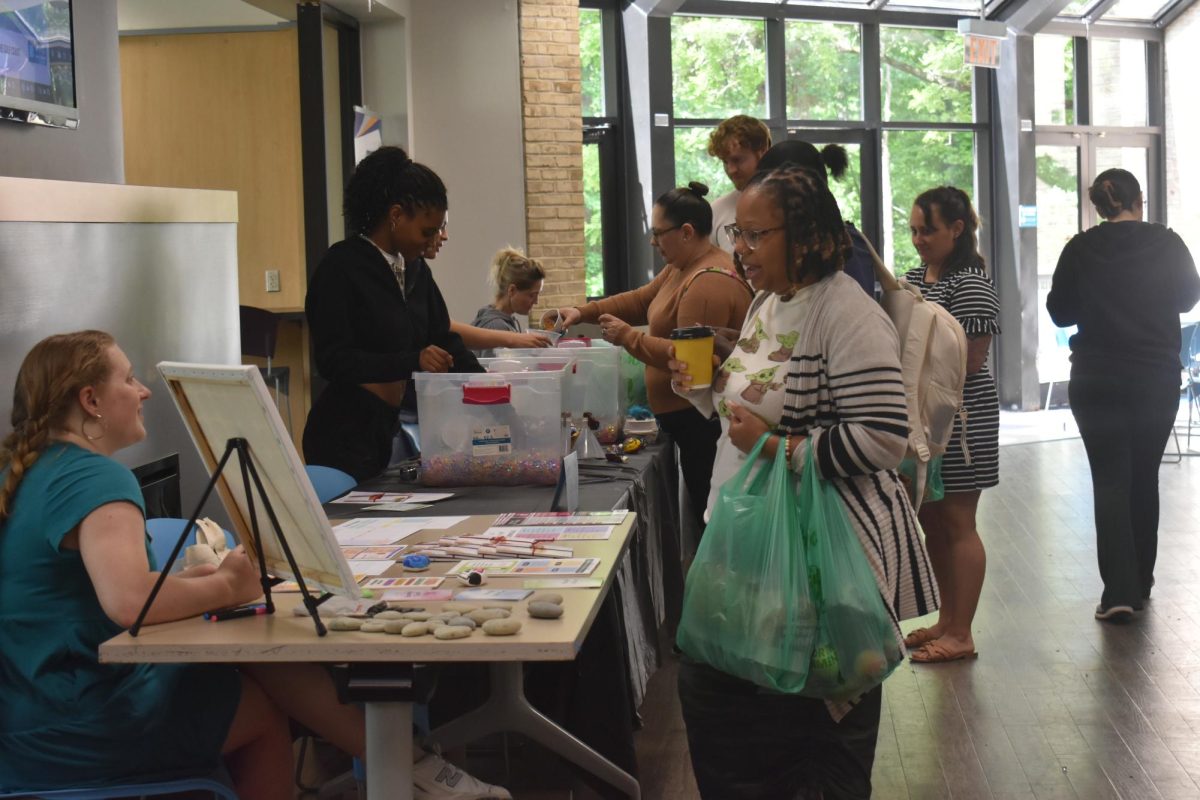Students who attended a Student Government Association town hall on Thursday questioned why the college allowed an extremist group to speak on campus on Sept. 23.
Mary Bachkosky, a legal studies professor, explained that a public college like AACC, by law, must allow any group on campus because the First Amendment protects speech–even hate speech.
“So hate speech is protected until it becomes illegal–illegal action,” Bachkosky told a group of 30 or so students, faculty and staff who gathered in the Health and Life Sciences Building to discuss student complaints and concerns. “It’s protected, really.”
The students were reacting to the September rally outside of Careers by nine members of a Virginia church called Key of David. The members held signs that said, “Jesus or hellfire,” “Homos are rapists” and ” Feminists are whores,” as they yelled at students who walked by.
“If a student club were to do the same rhetoric, would they have, like, the same campus rules applied to them or the government laws?” Charlie DeBarber, president of the newly formed Satanic College Club, a student organization, asked.
Some students acknowledged that the First Amendment guarantees free speech, but noted they do not agree it should apply in the case of hate speech.
“Some things we may not agree with. … Some things we might,” noted Hannah Slowe, SGA’s vice president of finance. “The only issue I have is just when it turns violent or violent objects are being used.”
Police Chief Sean Kapfhammer said one of the speakers at the rally had a whip, but the chief called it “a theatrical whip,” not a weapon.
One town hall participant asked what students should do if the church members or other extremist groups visit the campus in the future.
“At the end of the day … if you don’t give them a reaction, then they’ll stop coming, because [a reaction] is all they want,” SGA President Chris Chambers said. “They want you to be mad and want you to be angry. They want you to do something, because their whole business model is suing colleges just to get money based off what students or administration does in response.”
He added: “The best way, I would say, is to find a way to maybe draw students away from there. … We brought our own megaphone and tried to spread more positive vibes.”
Chambers also suggested that students could hold their own event at the same time to thin the crowd paying attention to the church group. Still, he noted, “You can’t force students to do anything. We can ask students, of course, to try to ignore them, but you can’t force me.”
Melissa Beardmore, vice president for learning resources management, said college administrators are looking at designating locations on campus as free-speech areas, limiting the volume of amplifiers and perhaps banning megaphones.
Still, Beardmore said, “I don’t want to promise too much.”
Some students called on administrators to communicate directly with them through text or email if other groups show up on campus.
“It would be nice to be notified that they’re going to be outside,” student Effie Gentry said. “It [would] be nice to be aware of what’s happening in our surrounding area that we are the primary users of … and [it] can be done very quickly” so students can avoid the area if they want to.
“I think that would be really helpful to a lot of the student body,” Gentry said.



